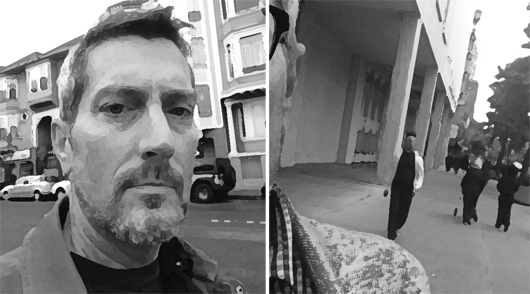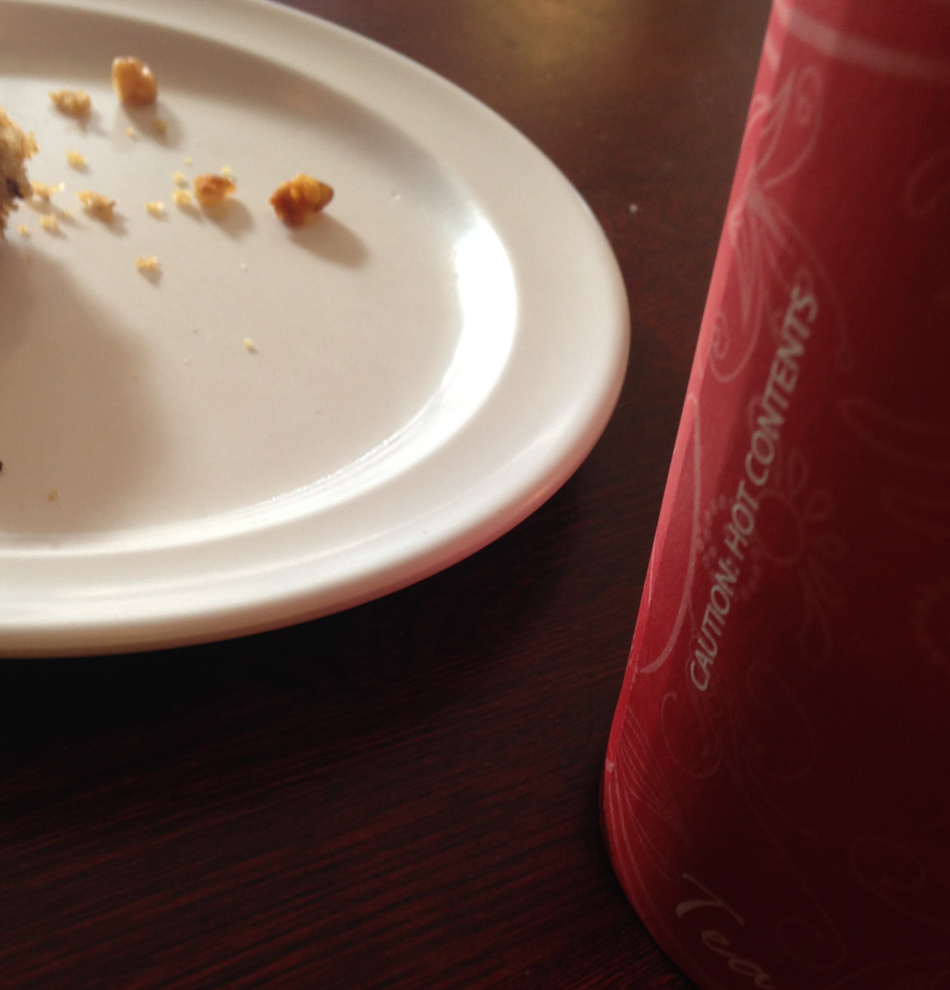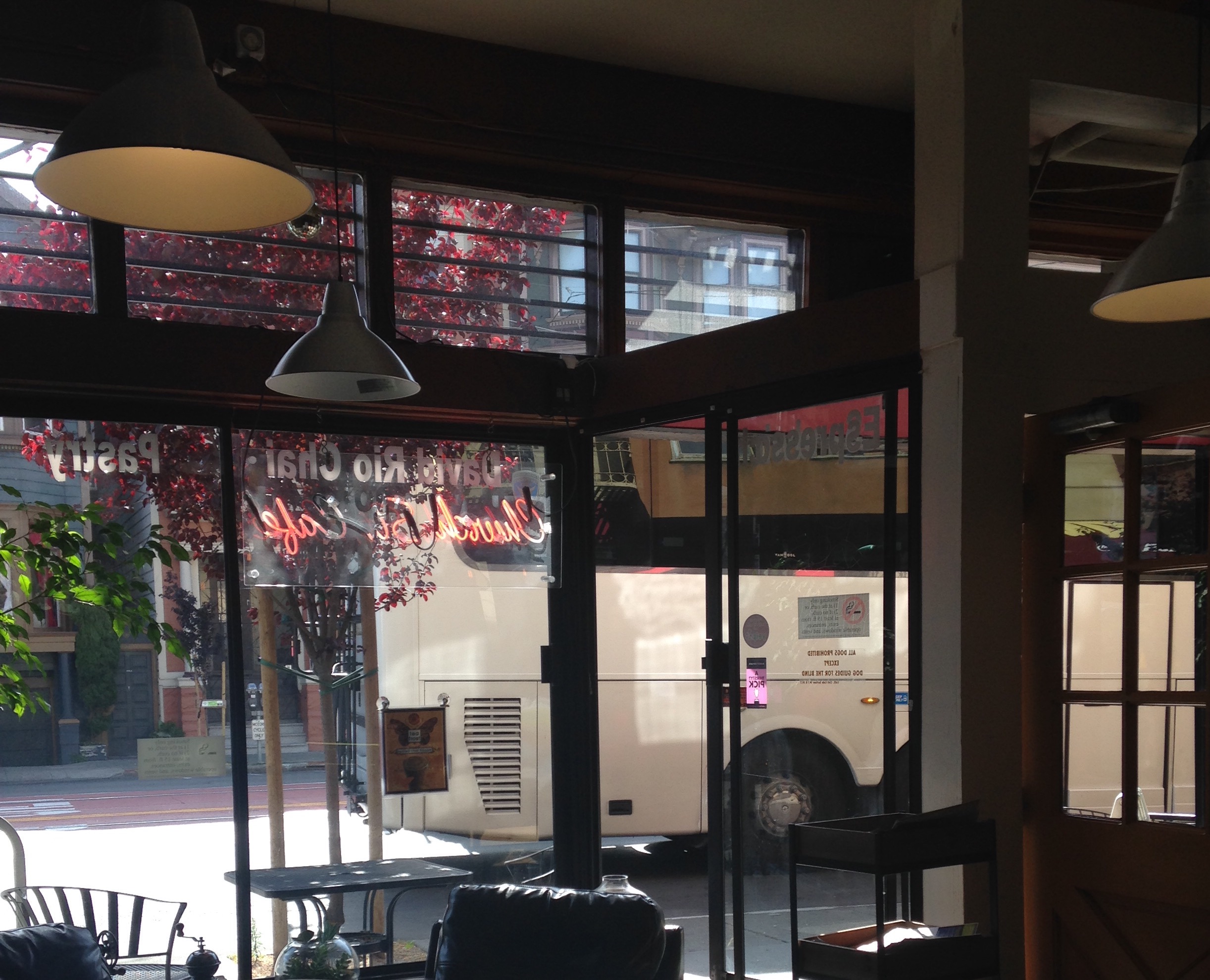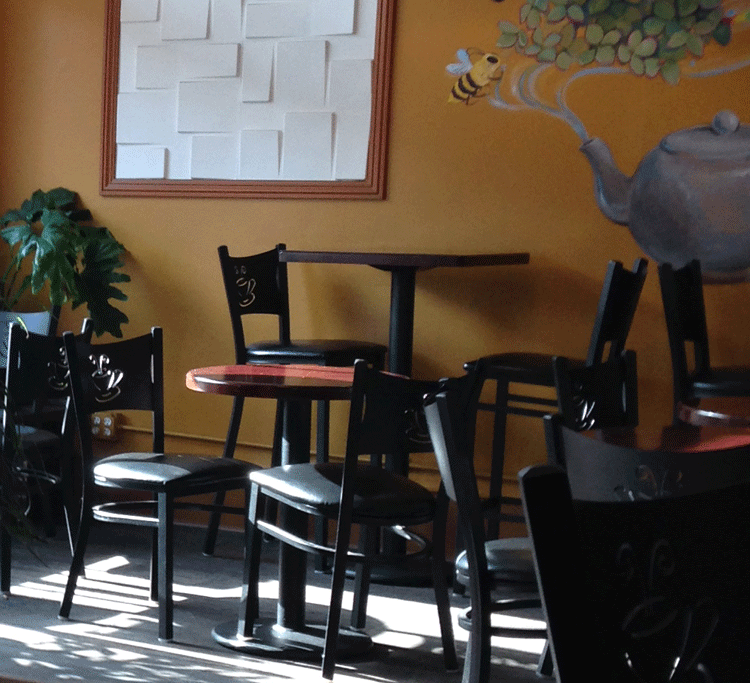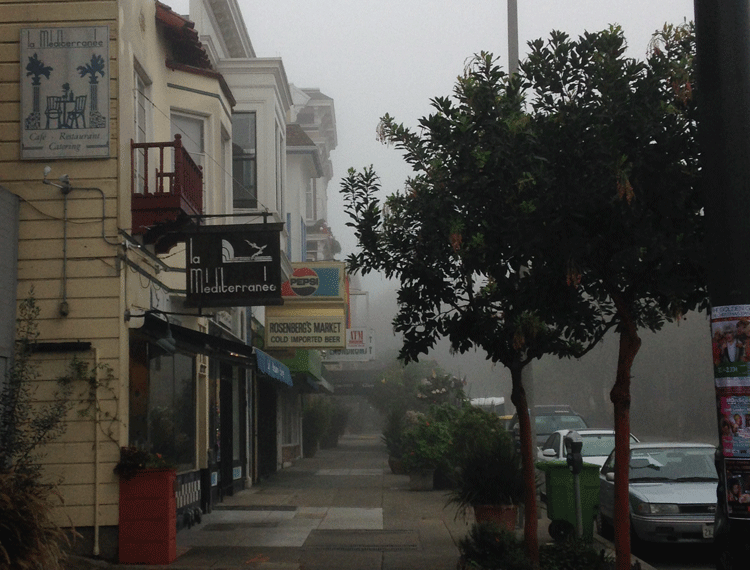To be a part of the Creative Class is to walk past the morning bistros where new money parents younger than you sit with their children having breakfast on a boondoggle Friday and be happy for them: you’ve had fine days off spent in morning cafes and lunch. The relative cost is higher for you but the reward, you suspect, is deeper. Besides, you have your work (your act of creation), even if it borderline drives you mad.
To be a part of the Creative Class is to walk past the stately homes in the neighborhood and acknowledge that had you not fallen prey to the creative gene you might have been able to keep up with your dinky (double income, no kids) brethren and be living now in one of these regal little townhomes, replete with front steps and an underground garage. However, you have your art, and because it speaks back to you in sometimes unkind ways, it is your child – that which you nurture and adore, and which adores you back and torments you in equal portions.
Your art is also your home.
Crossing the street, you are nearly run over in the crosswalk by a young man in a big car talking on his phone avidly and driving haphazardly in the middle of the street. Your first impulse is to despise him, to fault him for his addiction to work and curse him for how it nearly cost you your life, or perhaps almost your mobility or (god forbid) your mind.
But then you forgive the poor guy; he did stop in time. You look at him: he’s frantic, work-obsessed – dare you say it: he’s very important! You pity him, despite the many fringe benefits of his position.
You, you have your art.
Back on the safety of the morning-shaded sidewalk, you realize that the end product of your effort, that which you bring to the marketplace, is not the reward. The reward is in finishing one piece and moving on to the next. That is your oxygen. The act of creation is your version of inflammatory emails or personnel issues – those things which keep the man in the big car moving forward. You are just as self-absorbed as the errant driver but not as self-aggrandizing. If you’re lucky to have had a service or office job (and who among the Creative Class hasn’t?), you understand and are grateful for this fine distinction – for that which distinguishes your self-absorption from his.
True, you often envy his security, but then you remember how many layoff rounds you lived through in your previous employ and how nothing is really secure. Not even money. Once upon a time you had a nice bourgeois house and a tangible position and the makings of the American Dream. But you lost it. Repealed it, really. Partly because of macro economics. More so because you had to return to art.
Every step along the way from coffee shop to sunny apartment – which, by the way, is an accomplishment itself: to live in a well-lit room, as opposed to the dungeons of your adolescence – every step along the sidewalk pavers is, you remind yourself, stamped with opportunities. And more importantly, choices.
Life is all about choices. We choose our joys and we choose our pains. For those of us in the Creative Class, there isn’t really a choice, though. And it’s only when you have made peace with that truth that you can walk past the privileged windows and smile, and realize that it’s ok.
You do, thank the stars, have your art.
